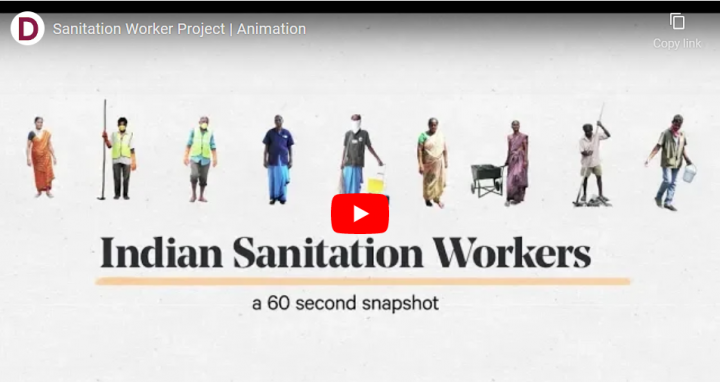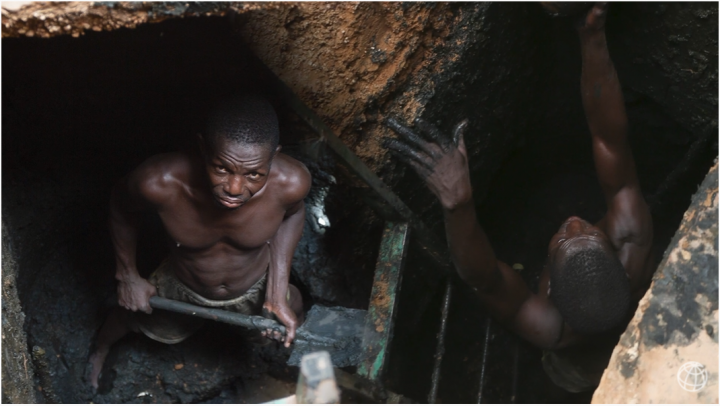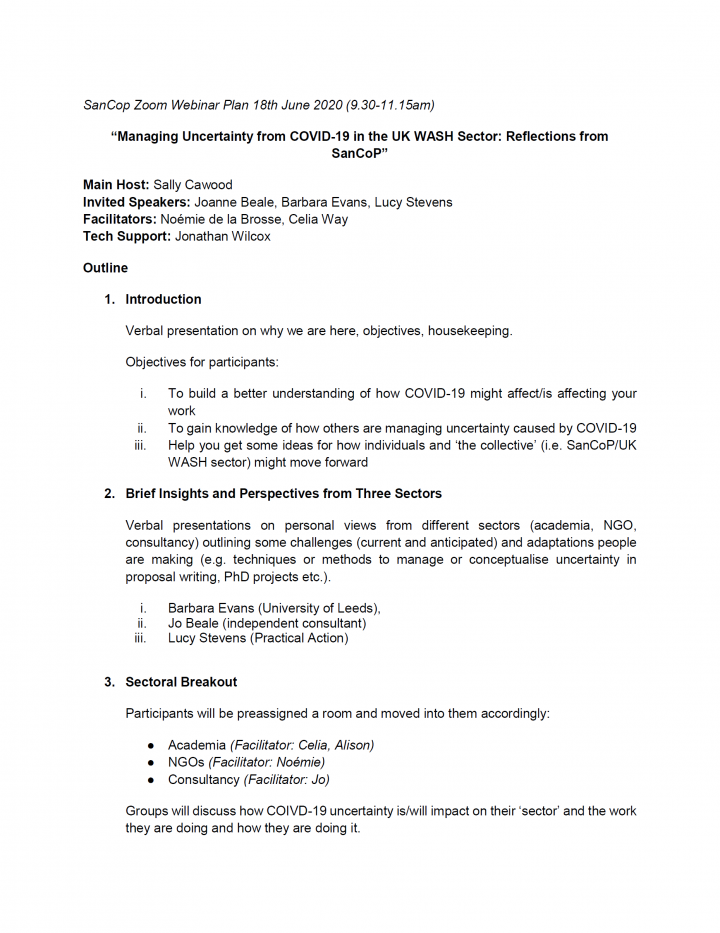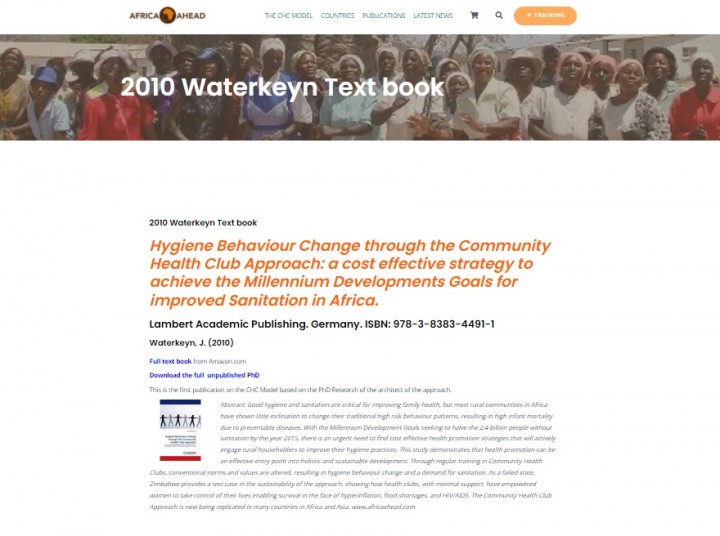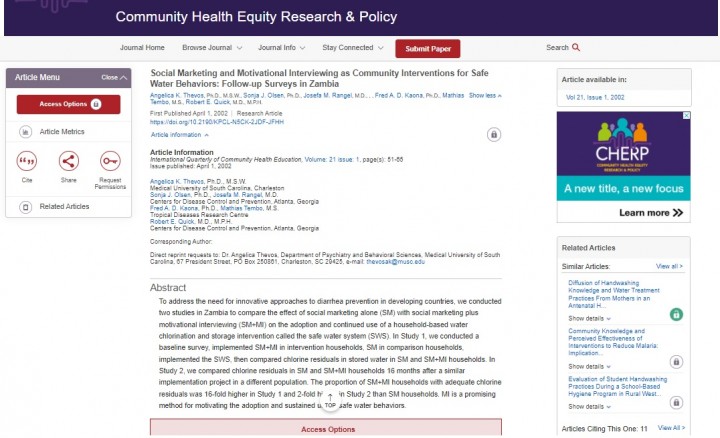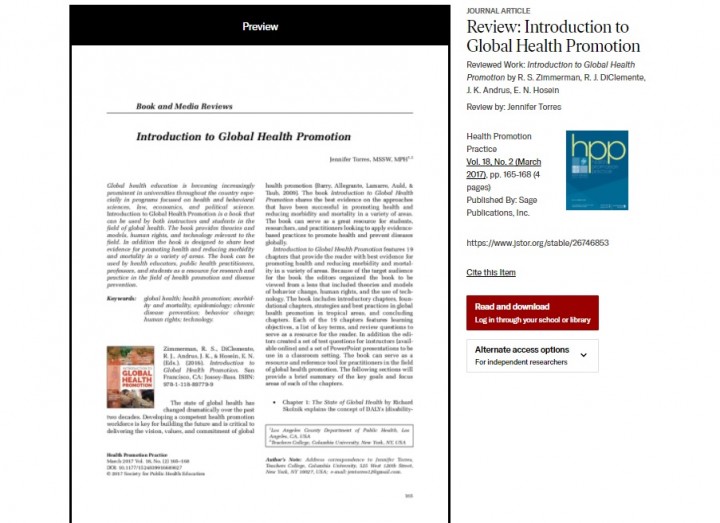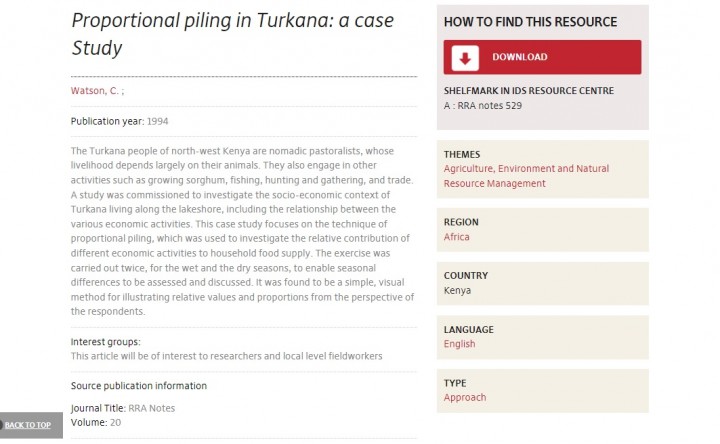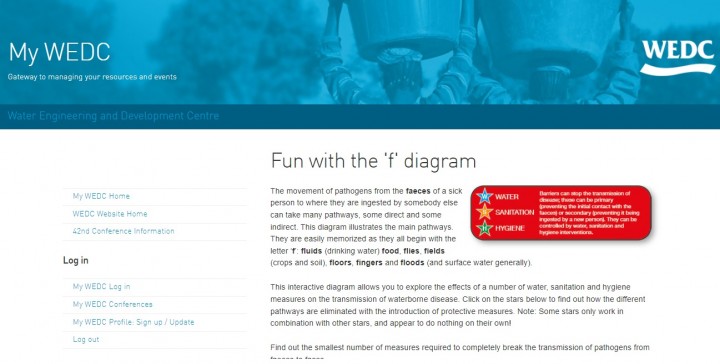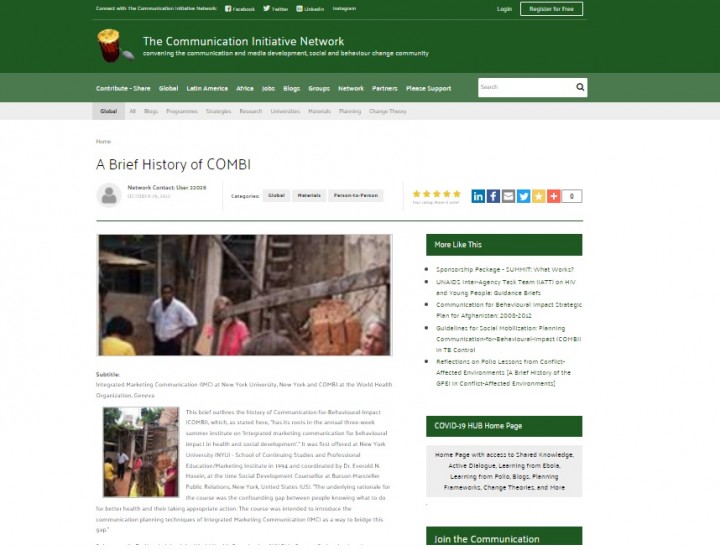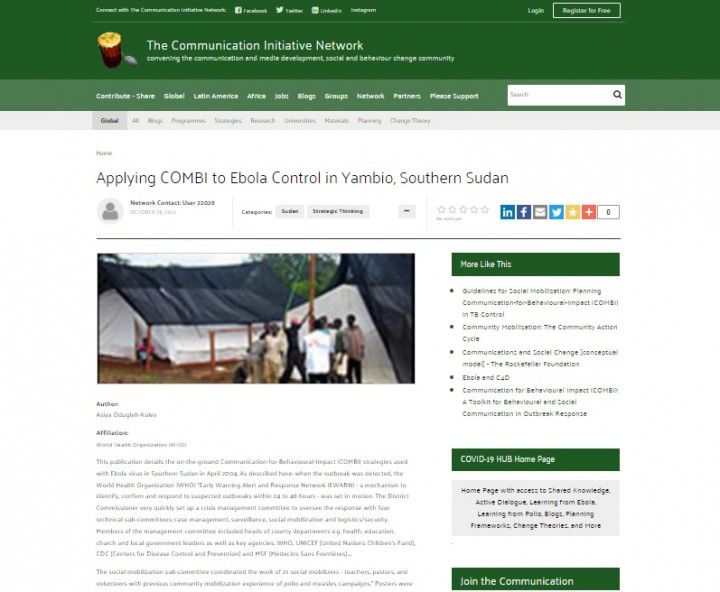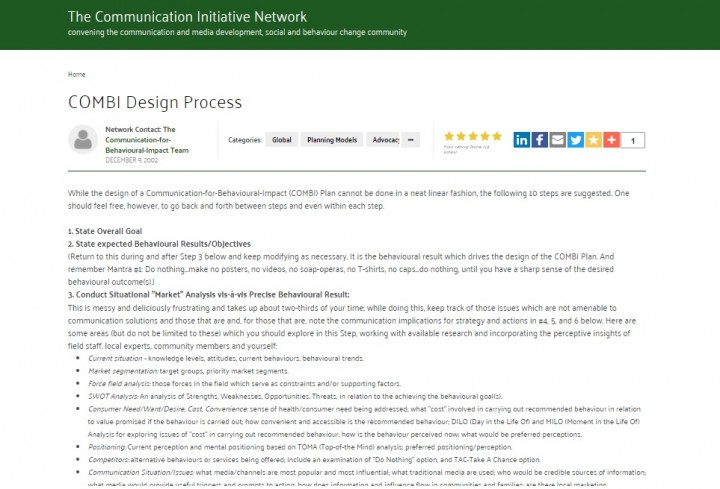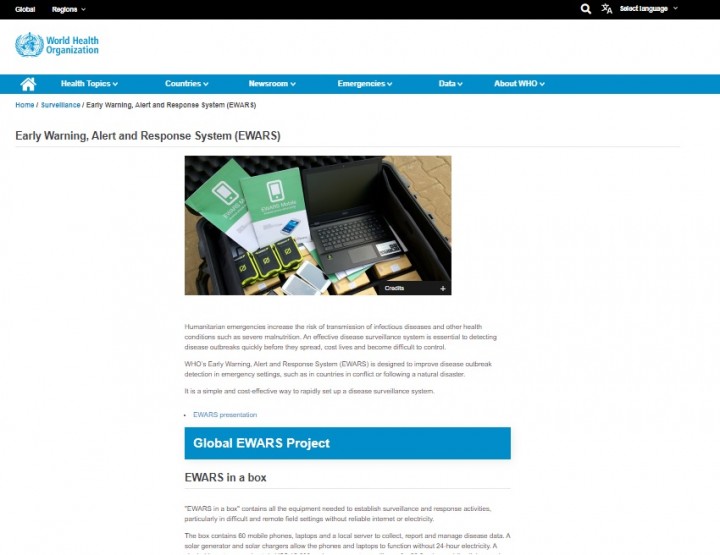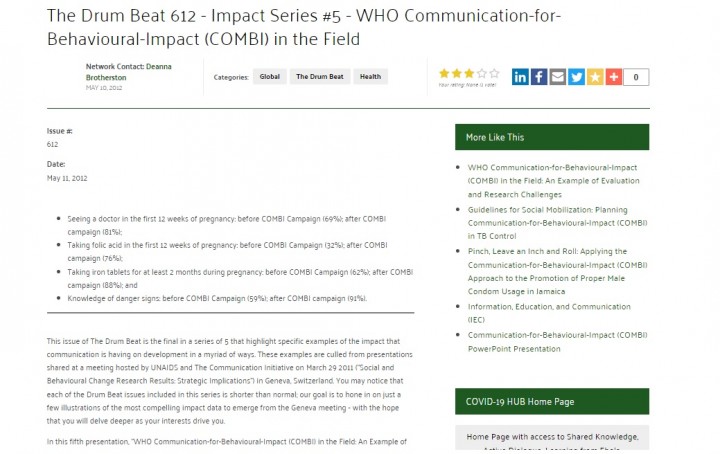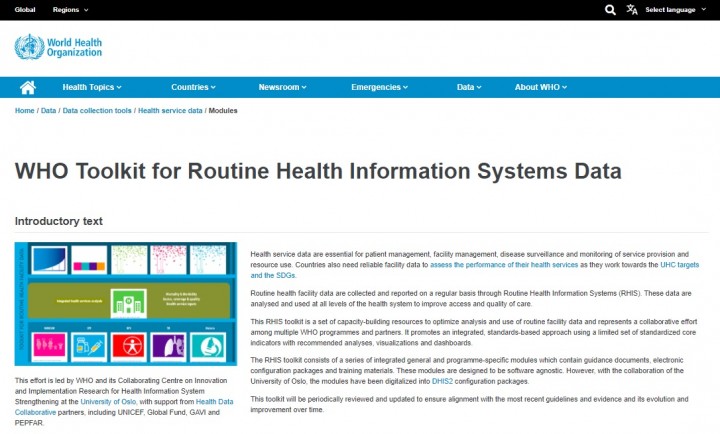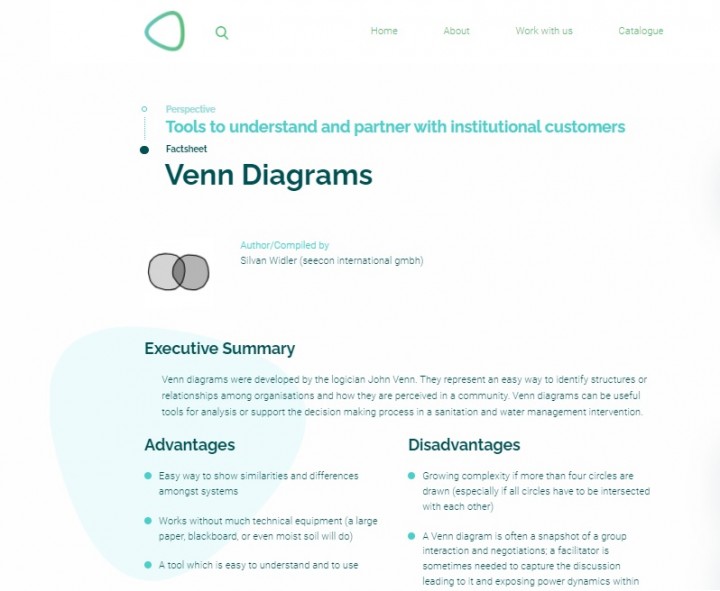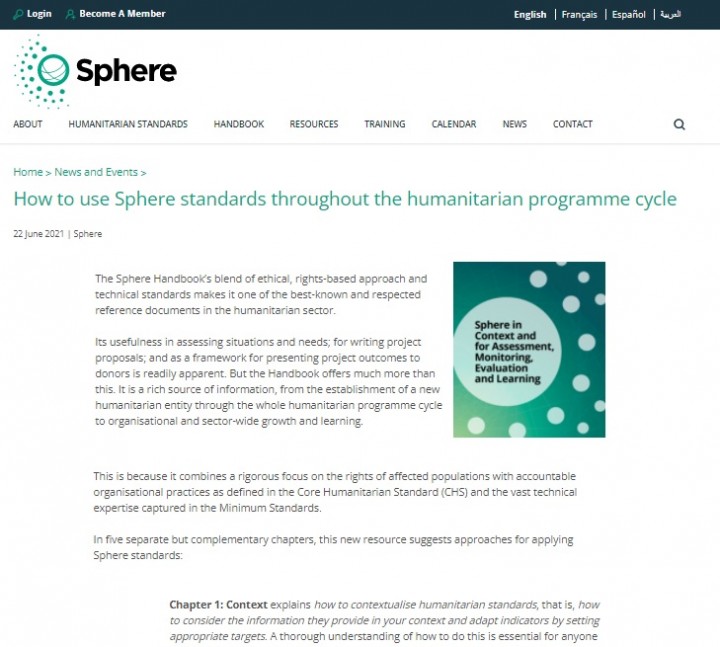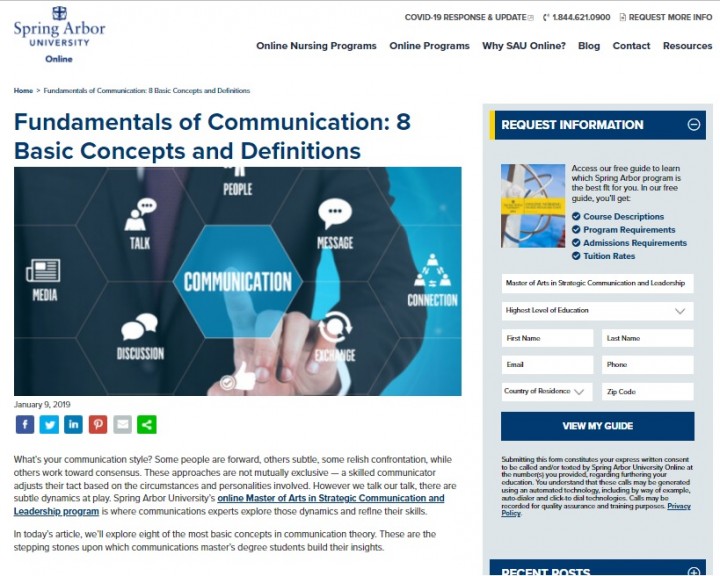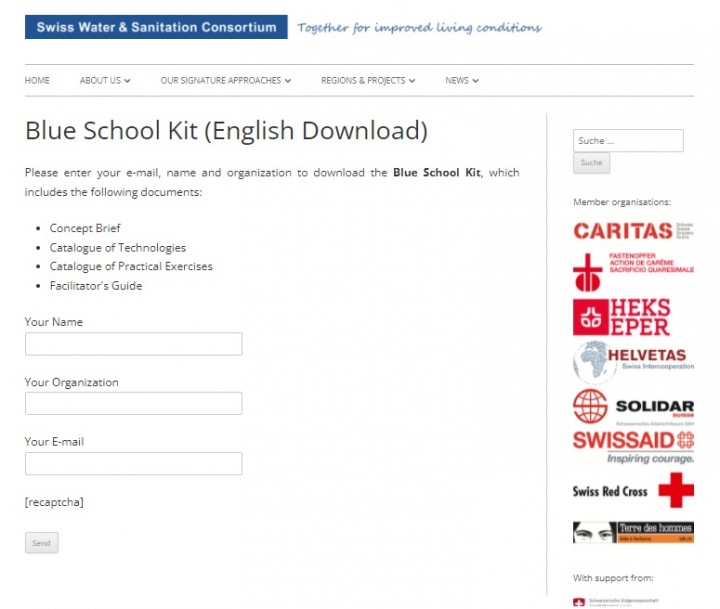Searching for information on Sanitation Workers?
The Sanitation Workers Knowledge + Learning Hub is the best source for all current news, trends, articles and updates on sanitation workers rights around the world.
A pre-recorded conversation between Dr Jen Barr and consultant, researcher and photographer Dr CS Sharada Prasad, who is behind many of the striking images used by international agencies to highlight the everyday lives of sanitation workers (especially those involved in manual pit latrine, septic tank, sewer, drain or dry latrine cleaning) across India.
In this recording, Dr Prasad reflects …
A pre-recorded conversation between Dr Sally Cawood and activist, writer, researcher and teacher Dr Hemangi Kadlak (Assistant Professor, Vellore Institute of Technology, Tamil Nadu and Strivajin Foundation).
In this recording, Dr Kadlak discusses the motivations for her research on sanitation workers and manual scavenging in India, with important takeways for us all.
This session explores the changing nature of sanitation work from a global and historical perspective. It sets out to challenge misconceptions that sanitation work (including hazardous forms) is confined to the so-called 'Global South', or that the 'Global North' has found the 'solutions' to safe sanitation for all. Drawing on experience in India, Pakistan, the USA and Nigeria, the session …
This session explores the realities of sanitation work in urban settings across India and Kenya. Whilst distinct historically, socially, politically and geographically, hazardous forms of sanitation work (including manual pit or manhole emptying) persist in both countries. Speakers explore the changing realities of sanitation work in each country, including ways to improve working conditions for …
This session focuses on the changing terminology to describe sanitation work and workers, and persistent forms of stigma and discrimination that many workers face today. The speakers raise important questions about representation of workers in global and national-level advocacy, and the ongoing struggle to be recognised as an essential workforce.
Speakers
1. Dr. Sheeva Y. Dubey (Assistant …
The Sanitation Workers Project is a structured, first-of-its-kind 5-month long study of sanitation workers across India carried out by Dalberg Advisors in 2017.
The state of sanitation workers remains a blind spot, as workers face significant challenges on multiple fronts – financial, health and social. To develop a blueprint with solutions for this murky problem, we interacted with all the …
Sanitation workers provide a fundamental public service. Yet they often face extreme health hazards and safety risks on the job. In many developing countries, they are informal workers with no legal protections or rights. With a lack of visibility in society, they can be stigmatized, marginalized and ignored.
Here are the stories of five sanitation workers in their own words.
A series where we take important sanitation-related publications and break them down in 30 minutes, making them more accessible to busy professionals working to deliver inclusive, safely managed sanitation services globally. We sit with authors and ask them who should know about the paper and what are the key points to be able to put these papers to practice. This series is co-hosted by CAWST & …
Good hygiene and sanitation are critical for improving family health, but most rural communities in Africa have shown little inclination to change their traditional high risk behaviour patterns, resulting in high infant mortality due to preventable diseases. With the Millennium Development Goals seeking to halve the 2.4 billion people without sanitation by the year 2015, there is an urgent need …
To address the need for innovative approaches to diarrhea prevention in developing countries, we conducted two studies in Zambia to compare the effect of social marketing alone (SM) with social marketing plus motivational interviewing (SM+MI) on the adoption and continued use of a household-based water chlorination and storage intervention called the safe water system (SWS). In Study 1, we …
Introduction to Global Health Promotion addresses a breadth and depth of public health topics that students and emerging professionals in the field must understand as the world's burden of disease changes with non-communicable diseases on the rise in low- and middle-income countries as their middle class populations grow. Now more than ever, we need to provide health advocacy and intervention to …
The Turkana people of north-west Kenya are nomadic pastoralists, whose livelihood depends largely on their animals. They also engage in other activities such as growing sorghum, fishing, hunting and gathering, and trade. A study was commissioned to investigate the socio-economic context of Turkana living along the lakeshore, including the relationship between the various economic activities. This …
The movement of pathogens from the faeces of a sick person to where they are ingested by somebody else can take many pathways, some direct and some indirect. This diagram illustrates the main pathways. They are easily memorized as they all begin with the letter ‘f’: fluids (drinking water) food, flies, fields (crops and soil), floors, fingers and floods (and surface water generally).
This …
Humanitarian emergencies increase the risk of transmission of infectious diseases and other health conditions such as severe malnutrition. An effective disease surveillance system is essential to detecting disease outbreaks quickly before they spread, cost lives and become difficult to control. WHO’s Early Warning, Alert and Response System (EWARS) is designed to improve disease outbreak …
Health service data are essential for patient management, facility management, disease surveillance and monitoring of service provision and resource use. Countries also need reliable facility data to assess the performance of their health services as they work towards the UHC targets and the SDGs.
Routine health facility data are collected and reported on a regular basis through Routine Health …
This resource explains why it is important to use Sphere standards throughout the humanitarian programme cycle, and how to do so. The document starts with a section on how to use humanitarian standards in your context. This is followed by standalone but complementary chapters for Assessment, Monitoring, Evaluation and Learning.

